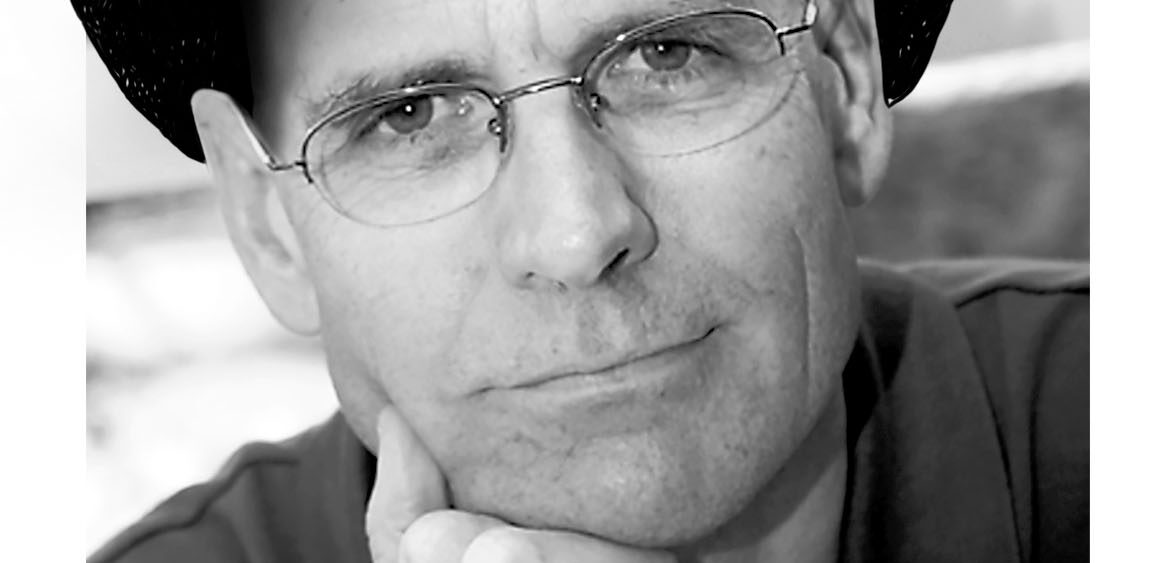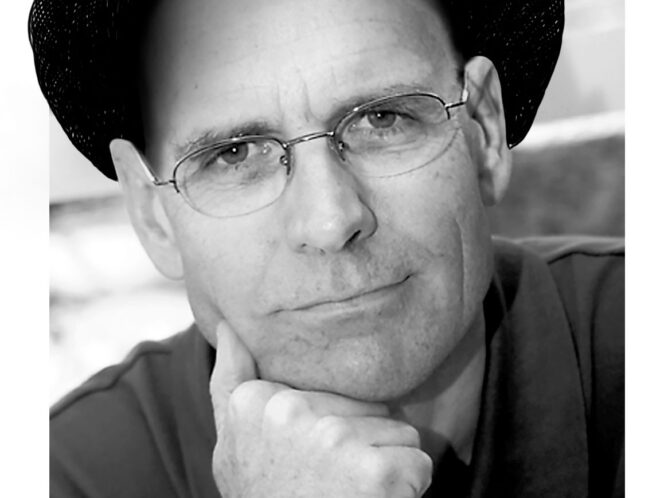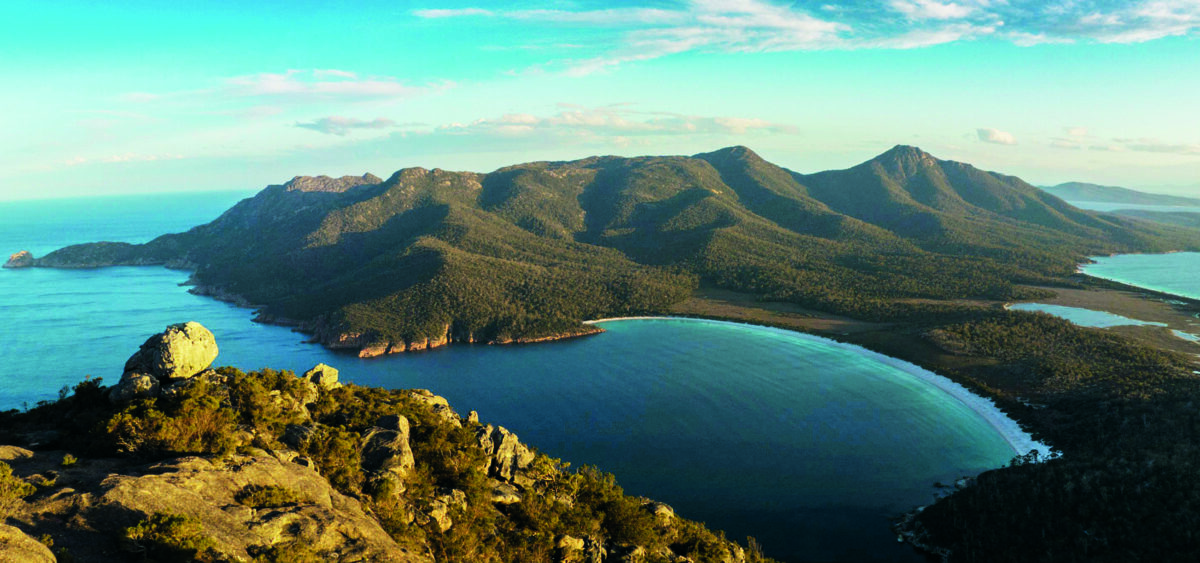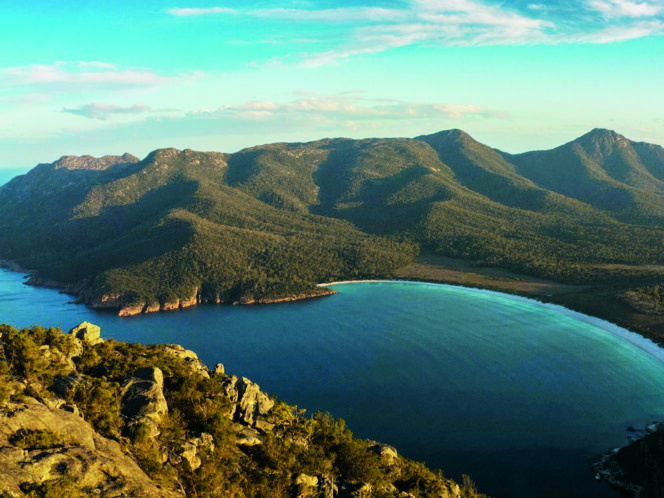
In order to face the climate catastrophe, we must abandon our optimistic belief in progress, says philosopher Clive Hamilton
“You’ll recognize me by my black felt hat.”
In fact, there’s no better clue for recognizing the Australian among a crowd of Berliners. Clive Hamilton has exchanged the record-breaking dryness of the Australian winter for a devilishly hot European summer. There is no escape from climate change. And anyway, the Australian philosopher is the last person who would look for an escape. In his three books on the subject (Requiem for a Species, Earthmasters, and Defiant Earth) he writes that the Anthropocene man should abandon optimism and mourn his lost future, for that is the only honest way of confronting the truth. But here, on a busy square called Hackescher Markt—a popular tourist spot with plenty of restaurants, shops, and galleries—doom and gloom are nowhere to be seen. We sit in a café.
Agata Kasprolewicz: Are you worried that people aren’t worried?
Clive Hamilton: The greatest fear is that people aren’t afraid because once you open yourself up to what the climate scientists are saying, then fear about the future is the natural response. There’s a kind of interesting phenomenon, which in itself is quite disturbing. I’ve heard quite a number of older people saying: “Well, I hear what the climate scientists are saying and I believe them, but hey, I’m not going to be around, so I don’t really care.” And I think








